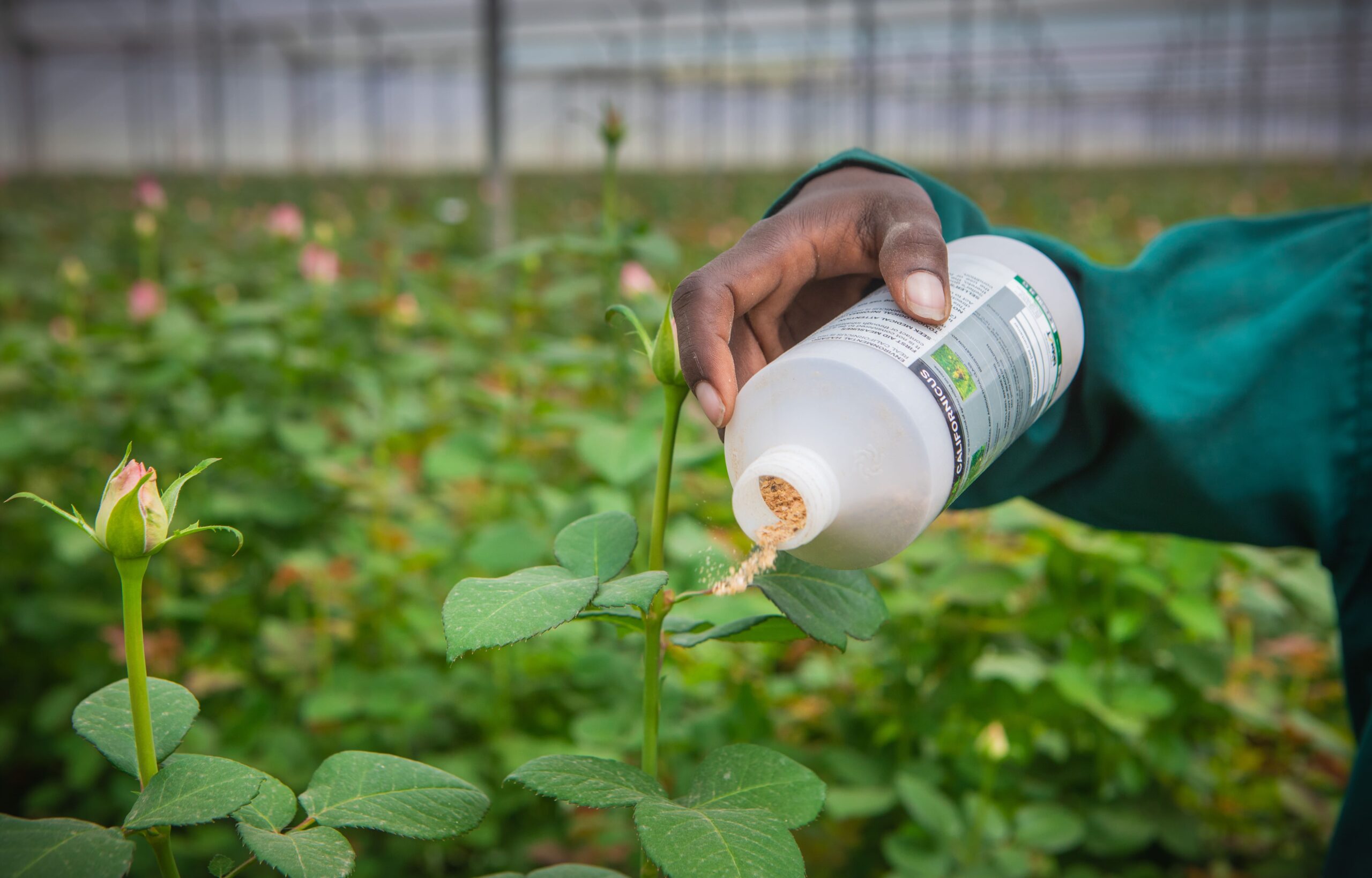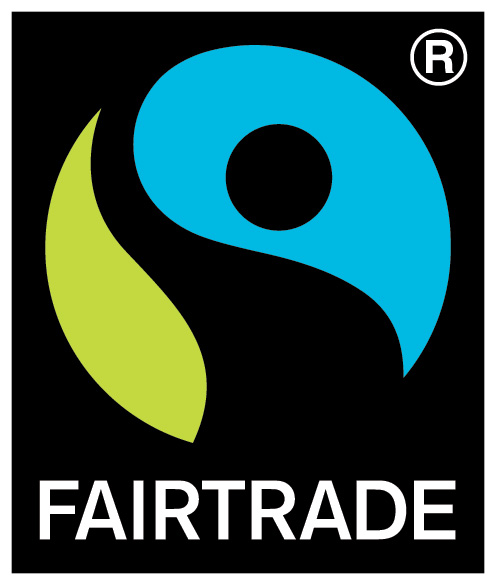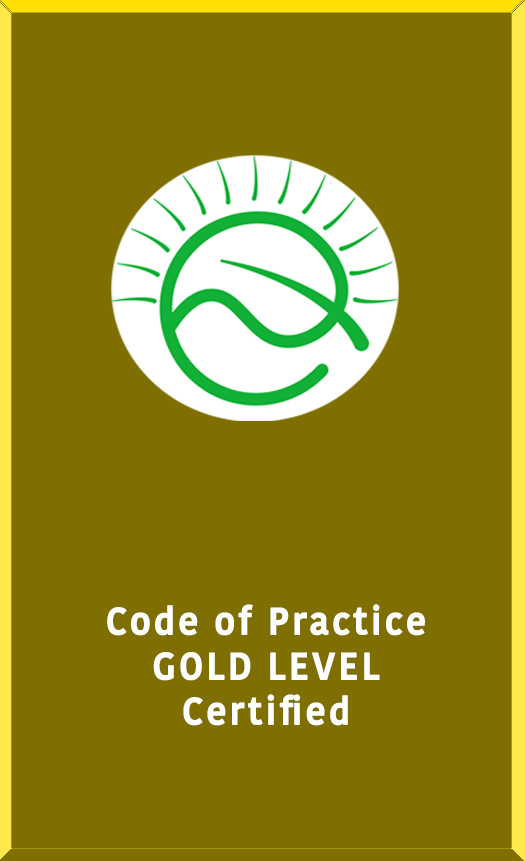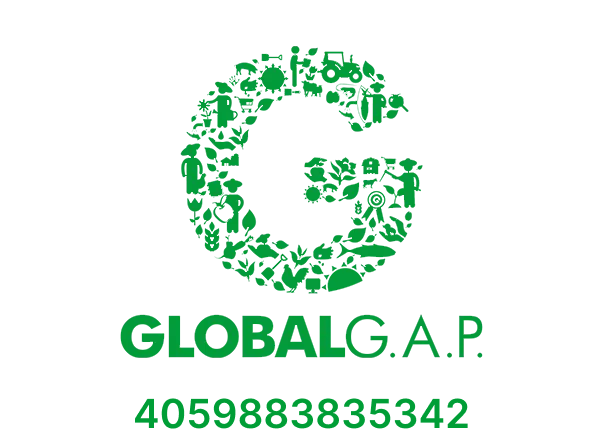How we are making our crop protection increasingly environmentally friendly
Perhaps the biggest challenge in our cultivation is keeping our plants clean of pests and diseases. Every day we get the best out of our crops, and that includes protecting our plants. The best thing would be to find a natural balance in this. But of course, our flowers must also meet quality standards. We often draw the parallel with our own health. The basis is healthy lifestyle, good nutrition, help from vitamins, a healthy intestinal flora, etc.. And if necessary a paracetamol or other medicine.
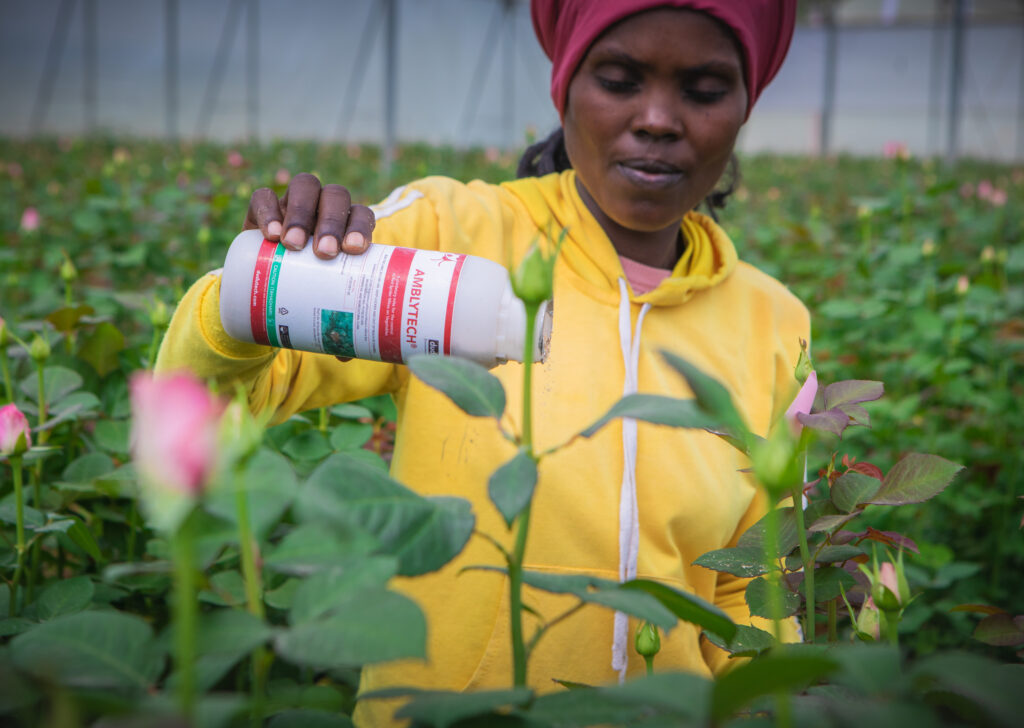
In recent years, we have already made huge strides in reducing the use of chemicals. The basis of our crop protection is to use as many natural solutions and only intervene chemically when really necessary. For example, we choose to solve spider mite problems with the help of natural enemies that clean up the spider mites as an army. We can also control other insects largely by natural means. We use fungal preparations that kill harmful insects like thrips. We also use natural plant extracts, such as neem products, which kill or repel harmful insects.
Since starting our business more than 15 years ago, we have already achieved complete control of a number of problems without the use of chemicals. For instance, we have not used soil fumigants against nematodes for years. Almost every year, we find another great solution to one of the problems.
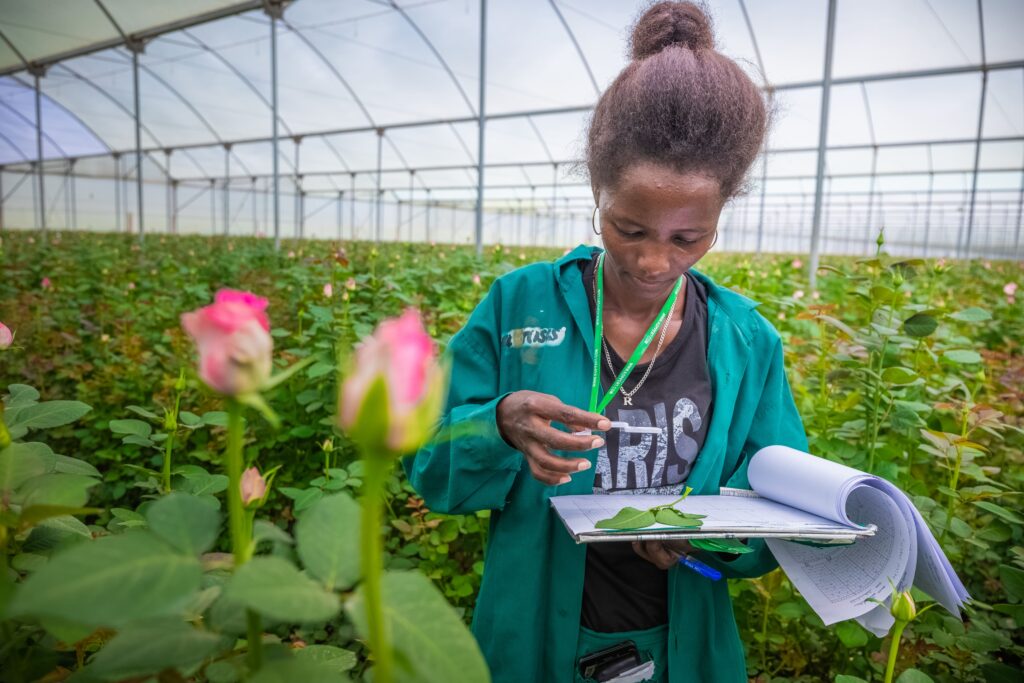
Sometimes it remains necessary to use chemicals. When necessary, we do choose relatively environmentally friendly agents that break down quickly in the environment. These are often agents that have a very specific effect on a particular insect or fungus disease. For instance, we have long since stopped using neonicotoides, which are very persistent insecticides that have a negative effect on bee populations. And nowadays we have more and more customers who impose all kinds of requirements on pesticide residues on the foliage. For instance, we have a customer who asks us to meet the residue requirements imposed on food products.
Besides, any chemical intervention causes damage to the crop and flowers. By choosing our way, which is certainly not the easiest, we see that our flowers have big buds, brighter colours, more length, nicer leaves and a better vase life. So simply better quality.
Yet crop protection is a continuous process that never seems finished. For instance, once in a while a new disease emerges, which used to be suppressed by other means. And we may then find a new solution for that....
